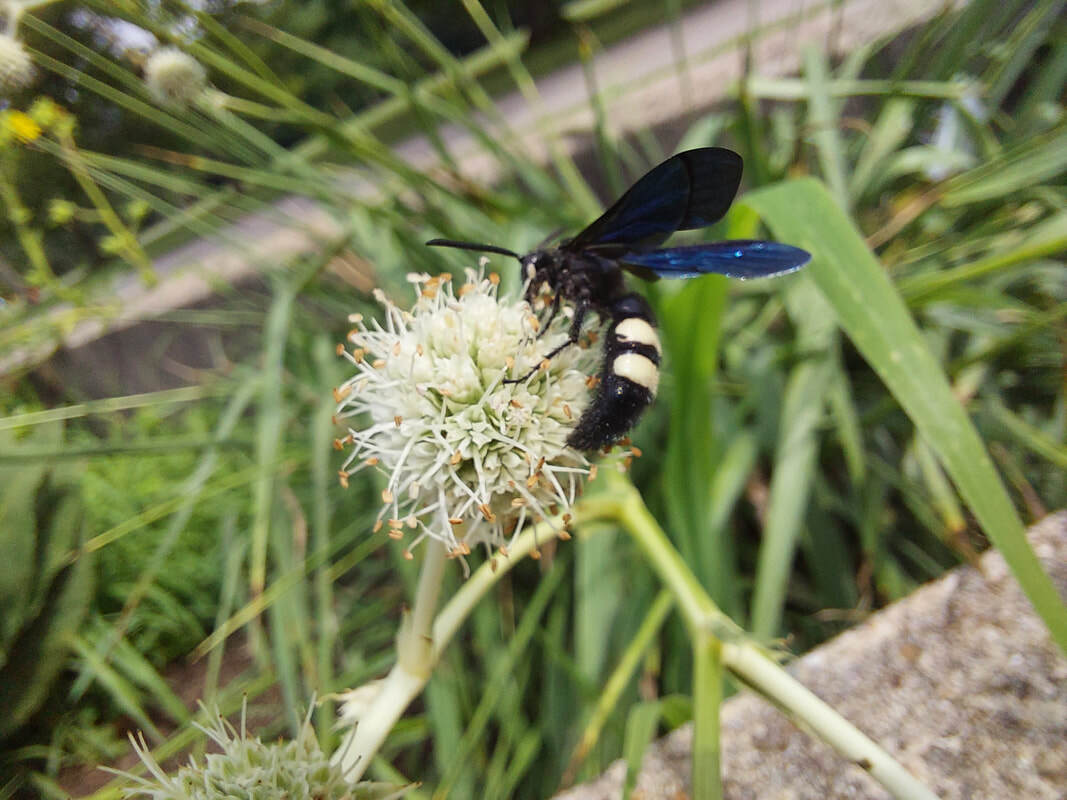We need Pollinators!

Did you know that you can thank a pollinator for 1 in 3 bites of food! Pollinators help our food supply to be plentiful and enable us to grow fruits and vegetables! Warren County SWCD believes it is important to help our pollinators! Here are some tips from USDA that will help keep our pollinators plentiful!
- Provide Habitat - Pollinator habitat can beautify your space, increase native biodiversity, increase pollination services and biological control of “pest” insects, and provide community engagement and learning opportunities. Often for smaller scale gardens in urban areas, plugs or transplanted plants from pots are preferred over pure live wildflower seeds.
- Plant Native Plants. Native plants are considered the best choice because of their abundance of nectar and pollen in addition to being low maintenance, generally pest-free, drought tolerant, and able to control erosion. They are good sources of food and shelter for wildlife, and naturally beautiful.
- Plant a continuous food supply. Make sure you have at least 3 different species throughout the spring, summer, and fall seasons to provide adequate food when pollinators emerge from and prepare for winter hibernation. Plant in groupings (clumps) of each plant species for a greater impact.
- Include a diversity of plants. Different flower sizes, shapes and colors, as well as varying plant heights and growth habits, support a greater number and diversity of pollinators. Include a combination of native plant species, heirloom plants and herbs in your pollinator garden. Common herbs such as rosemary, oregano, basil, marjoram, and borage are excellent pollinator plants. Allow unharvested fruits and vegetables to bolt (go to flower) for added pollinator and beneficial insect food.
- Limit or eliminate use of pesticides. A healthy garden with the appropriate plant species and an abundance of pollinators will support natural beneficial insects—reducing the need for pest control.
- Install bat boxes. Bats are also pollinators that need our help. Leave snags for habitat or install a bat box.
- Spread Awareness. Educate others about the importance of pollinators and share how you planted for bees, butterflies, birds and other animals at home.
What can you do to learn more? Come join Warren County Soil and Water Conservation District for a Pollinator Hotel Workshop on May 28, 2024! Registration and details will be forthcoming, please watch the newsletter for more information.
For more information regarding pollinators, Warren County Soil and Water Conservation District programs and/or technical assistance on water or soil questions, visit http://warrenswcd.com or call, 513-695-1337.
Additional Resources:

